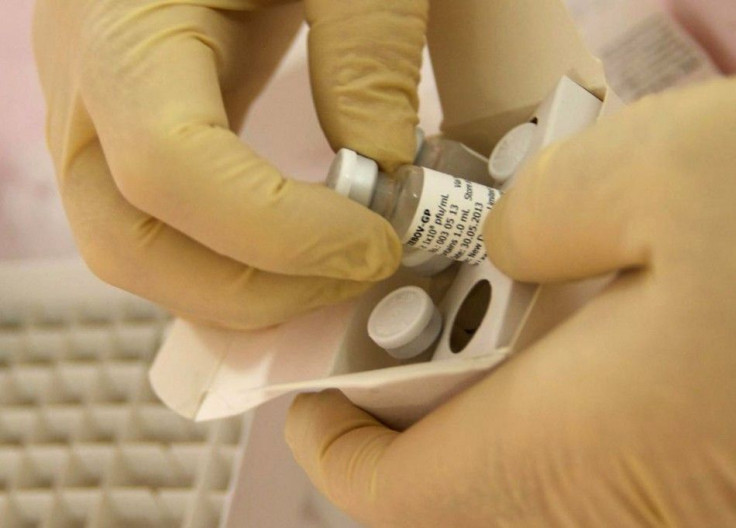Ebola Sample Sent To New Zealand Media Outlet Allegedly From 'Jihadists'

A small bottle of liquid sent to a media outlet in New Zealand reportedly contains a sample of the Ebola virus. The vial was received by the New Zealand Herald's mailroom on Nov 11 with a letter claiming it was sent by a "jihadist group." According to reports, the bottle has been turned over to New Zealand police. It is now on its way to Australia to undergo testing for Ebola. A laboratory in Melbourne is expected to test the plastic bottle.
In an SMH report, authorities are expected to have checked the package for fingerprints and DNA before it arrives in Melbourne. Police have worked out how to store the vial for it to arrive safe and intact at the Infectious Diseases Reference Laboratory at Melbourne University's Peter Doherty Institute. Graeme Walker, a spokesperson for the Victorian Health Department, has confirmed that the bottle will be tested in the laboratory but declined to provide more details.
New Zealand Health Minister Jonathan Coleman said there was no evidence to indicate that the country may be dealing with its first case of Ebola. He remarked that no patient was being treated for Ebola in any hospital in New Zealand. He confirmed an investigation was ongoing following the delivery of the package allegedly containing a sample of Ebola.
The laboratory in Melbourne was previously used to test nine suspected cases of Ebola in Australia with all tests yielding negative results. Victorian health authorities continue to wait for more details. The owner of New Zealand Herald said protocol was followed in the handling of the incident.
Meanwhile, scientists still continue to find a viable cure for Ebola. According to the Daily Mail, stocks of Ebola are kept at a research centre in Porton Down, Wiltshire. Scientists involved in the Ebola research have injected the virus in hundreds of mice and dozens of monkey, according to the British ministry of defence.
Officials said all animals were awake when they were injected. After the tests, the animals were "humanely culled." The research being done in the facility is an attempt to understand how the virus spreads in animals. Future experiments are in line with finding possible treatments for Ebola.




















